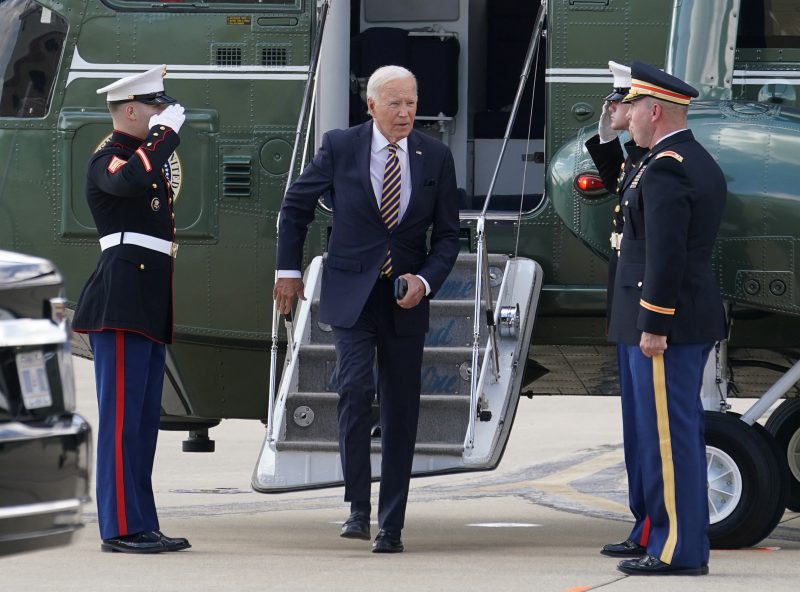The recent tensions in the Middle East have once again come into focus as global leaders gather for President Biden’s final United Nations General Assembly meeting. As discussions and debates unfold at this crucial international forum, the pressing issues facing the region are taking center stage, highlighting the precarious situation and the urgent need for diplomatic solutions.
One of the key aspects of the ongoing tension in the Middle East is the growing concern around Iran’s nuclear program. The uncertainty surrounding the nuclear deal and Iran’s compliance with international agreements have heightened tensions among regional powers and global stakeholders. As the United States and its allies navigate the complex dynamics of the nuclear issue, the need for a unified and coordinated approach becomes increasingly apparent.
Furthermore, the recent developments in Afghanistan have added another layer of complexity to the Middle East dynamics. The Taliban’s resurgence and the evolving security situation in the region have raised concerns about the potential for destabilization and increased violence. The implications of the U.S. withdrawal from Afghanistan are reverberating across the Middle East, shaping the geopolitical landscape and influencing the strategic calculations of regional actors.
Moreover, the ongoing conflicts in Syria, Yemen, and Libya continue to pose significant challenges to regional stability and security. The humanitarian crises in these war-torn countries have reached alarming levels, underscoring the urgency of addressing the root causes of conflict and insecurity. As global leaders convene at the United Nations, the need for concerted efforts to end the violence, promote dialogue, and support humanitarian assistance in these conflict zones is more pressing than ever.
In addition to these pressing issues, the Israeli-Palestinian conflict remains a persistent flashpoint in the Middle East. The recent escalation of violence in Gaza earlier this year highlighted the fragility of the situation and the urgent need for a durable and inclusive peace process. The Biden administration’s efforts to reengage with the parties and facilitate dialogue offer a glimmer of hope for progress, but the road to peace remains long and arduous.
As leaders gather at the United Nations to discuss these critical issues, the importance of multilateral cooperation and diplomacy cannot be overstated. Addressing the root causes of conflict, promoting dialogue and reconciliation, and supporting humanitarian efforts are essential components of a comprehensive approach to fostering peace and stability in the Middle East. The challenges facing the region are complex and interconnected, requiring a sustained and coordinated international response.
In conclusion, the tensions in the Middle East loom large over President Biden’s final United Nations General Assembly meeting, underscoring the critical importance of addressing the pressing issues facing the region. As global leaders engage in discussions and debates on these complex challenges, the need for diplomatic solutions, multilateral cooperation, and sustained efforts to promote peace and security in the Middle East has never been more urgent. The stakes are high, and the path ahead is fraught with challenges, but with a shared commitment to dialogue, cooperation, and compromise, a more stable, secure, and prosperous future for the region is within reach.

